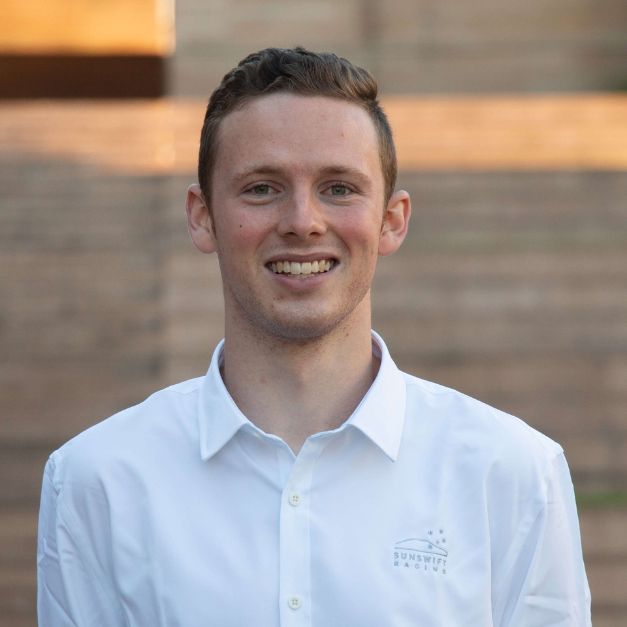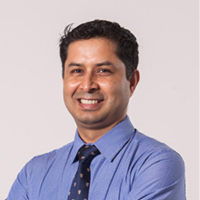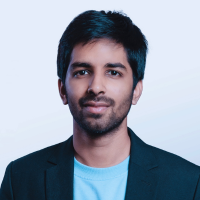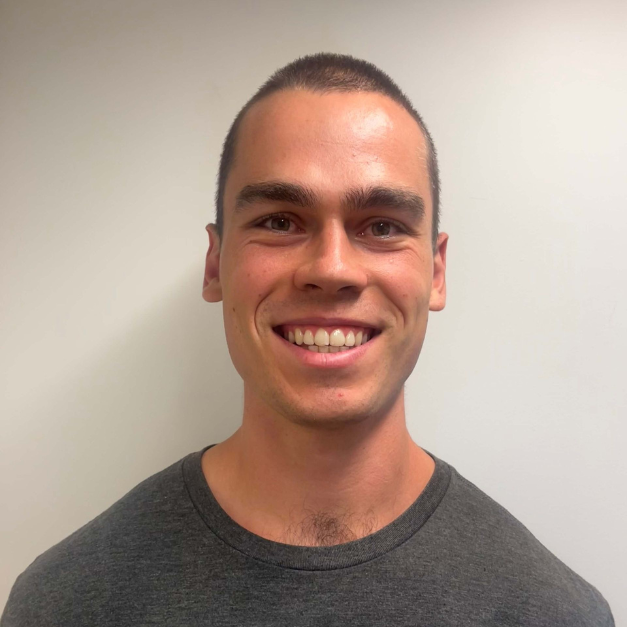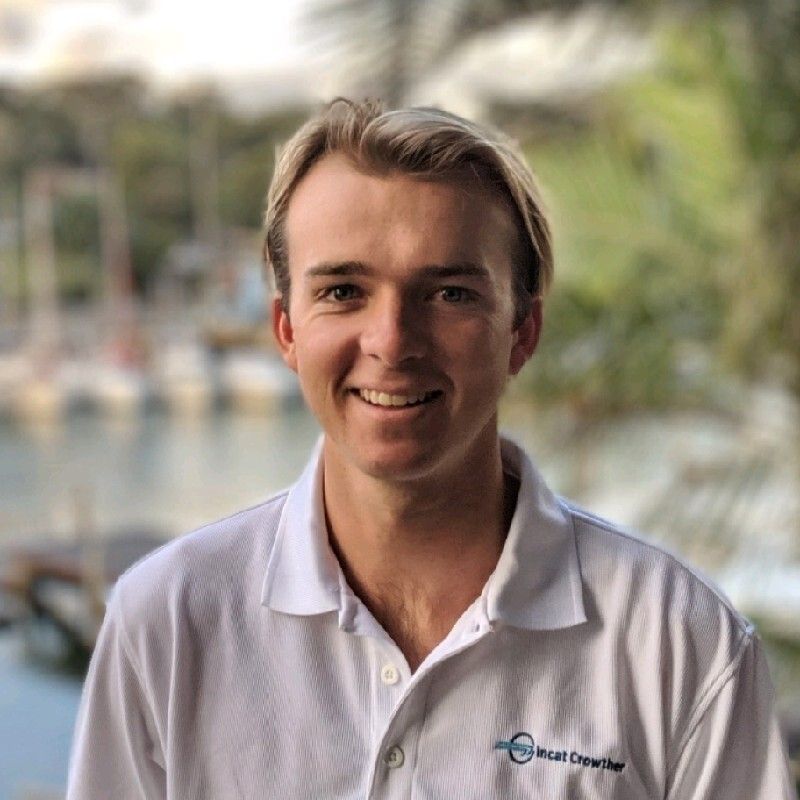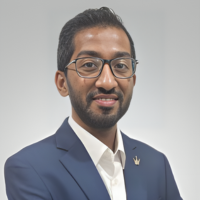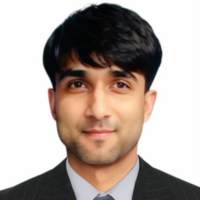ACM CRC-UNSW future leaders taking the reins on innovative manufacturing and sovereign engineering
In the midst of a major automation transition, Australia is needing to reposition its manufacturing and sovereign engineering capability to capture emergent markets.
This transition incorporates a workforce transformation, with ACM CRC’s PhD Students and Postdocs critical to helping maximise Australia’s sovereign capability for a global turning point.
ACM CRC Partner, The University of New South Wales (UNSW), currently has 1 Postdoc and 7 PhD Students engaged on ACM CRC projects, helping to drive innovation in the composites manufacturing space. Some of the specific areas of research they’re helping to advance include the following.
Industrial automation, materials, and multidisciplinary engineering
Dr Binayak Bhandari is a Research Associate with UNSW and Postdoc with ACM CRC. He’s a recipient of the Australian Government’s "Distinguished Talent Visa" and is among the top 2% of scientists worldwide in the fields of industrial automation, materials, and multidisciplinary engineering, as per Stanford University’s Updated science-wide author databases of standardized citation indicators. Working with ACM CRC industry partner, Gowing Bros, his talents have seen him helping to design and manufacture a compact and lightweight smart travel surfboard.
Also working with Dr Bhandari and the Gowing Bros team on the smart travel surfboard project is PhD Student, Sebastien Richard. Sebastien is responsible for the numerical studies and prototype testing, with his research focussed on fluid-structure interaction, to optimise the performance of the surfboards.
Mechanical Engineering PhD Student, Alex Air, is also excelling in these areas of research, with his work focussing on automated fibre placement, composite pressure vessels, advanced composites, and hydrogen fuel cell and battery electric vehicles. He recently partnered with Scientia Professor Ganga Prusty, Director of Research at ACM CRC, to publish the paper, “Manufacturing feasibility of a bend free ellipsoidal composite pressure vessel using automated fibre placement”.
Also a Mechanical Engineering PhD Student, Saral Mittal is seeking to develop innovative inverse design frameworks for tailored composite materials. This involves an integration of cutting-edge additive manufacturing techniques, data-efficient neural network models, and nature-inspired hierarchical design principles. His work also includes the characterisation and modelling of multi-scale structural features to accurately replicate the physical responses of advanced composite architectures.
Manufacturing processes
PhD Student, Chris Jenkins, is working in this field of research, focussing on mould-free composite manufacturing, out of autoclave manufacturing, and hybrid composites.
Joshua Grosser is also investigating manufacturing processes, along with simulation and performance prediction, and design integration, focussing specifically in the maritime and composites industry. He’s been working with ACM CRC industry partner, Ocius Technology, to help
optimise the use of wave energy for propulsion, harnessing energy for underwater flippers for unmanned surface vessels (USVs).
Digital Twin technology
PhD Student, Mohammad Malaibari, is seeking to enhance data management in the design stage using Digital Twin technology integrated with knowledge graphs. He’s also optimising resource allocation in labour-intensive manufacturing through advanced machine learning techniques. This combination of technologies aims to improve decision-making, reduce costs, and enhance operational efficiency in the manufacturing industry.
Mustafa Siddiqui is also a Digital Twin expert, with his research centred on developing an advanced Digital Twin model aimed at enhancing manufacturing operations, in particular for Omni Tanker’s Manufacturing Plant. His research is integrating AI and Machine Learning with Digital Twin technology to enhance manufacturing efficiency by detecting and mitigating manufacturing bottlenecks, which are significant obstacles that slow down production.
“Through our multifaceted Education & Training Program, we’re seeking to transform industry capability via 100 HDR student commencements,” said Scientia Professor Ganga Prusty, Director of Research at ACM CRC. “The work of these UNSW students, along with our many other PhDs and Postdocs, is critical to the future of composites manufacturing, and Australia’s transformation opportunity in sovereign manufacturing, supply chain security, Industry 4.0 transition, digital production and export, and green energy and EV economies.
“By employing trained graduate engineers focused on future industry, we can upgrade industry capability and be better prepared for what’s to come,” concluded Scientia Prof. Prusty.
View more on ACM CRC’s Education & Training targets here:
https://www.acmcrc.com/education-and-training.


